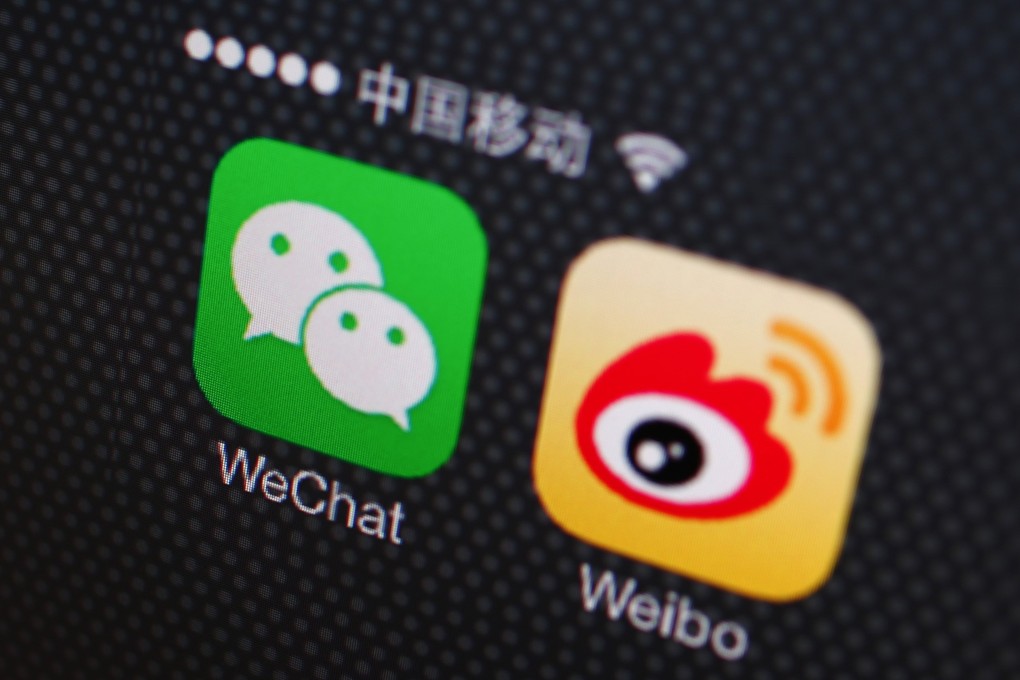Rumours, politics and corruption most likely topics to be censored on Chinese messaging app WeChat

Messages that spread rumours regarding sensitive topics, or those that comment on corruption among Chinese officials or mention Chinese politics, are among the most frequently censored posts on Tencent’s WeChat mobile messaging platform.
It suggests a change in tack by Beijing, as previous research on other Chinese messaging and social media platforms has shown that censors focused more on posts encouraging protests and other forms of collective action.
Past studies showed protectors of China’s so-called “Great Firewall” were not as interested in comments on government policies, or the ongoing anti-corruption campaign of President Xi Jinping, as they appear to be when it comes to WeChat.
Keywords relating to corruption made up five of the top 50 most sensitive keywords in the latest report, according to its author Jason Ng, a research fellow at Citizen Lab.